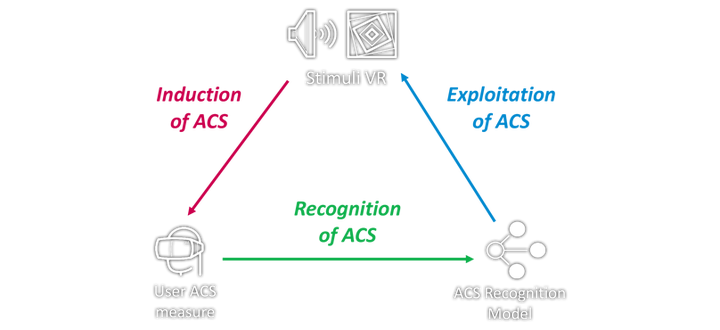
Abstract
In Virtual Reality (VR), users can be immersed in emotionally intense and cognitively engaging experiences. Yet, despite strong interest from scholars and a large amount of work associating VR and Affective and Cognitive States (ACS), there is a clear lack of structured and systematic form in which this research can be classified. We define “Affective and Cognitive VR” to relate to works which (1) elicit ACS, (2) recognize ACS, or (3) exploit ACS by adapting virtual environments based on ACS measures. This survey clarifies the different models of ACS, presents the methods for measuring them with their respective advantages and drawbacks in VR, and showcases Affective and Cognitive VR studies done in an Immersive Virtual Environment (IVE) in a non-clinical context. Our article covers the main research lines in Affective and Cognitive VR. We provide a comprehensive list of references with the analysis of 63 research articles and summarize future works directions.